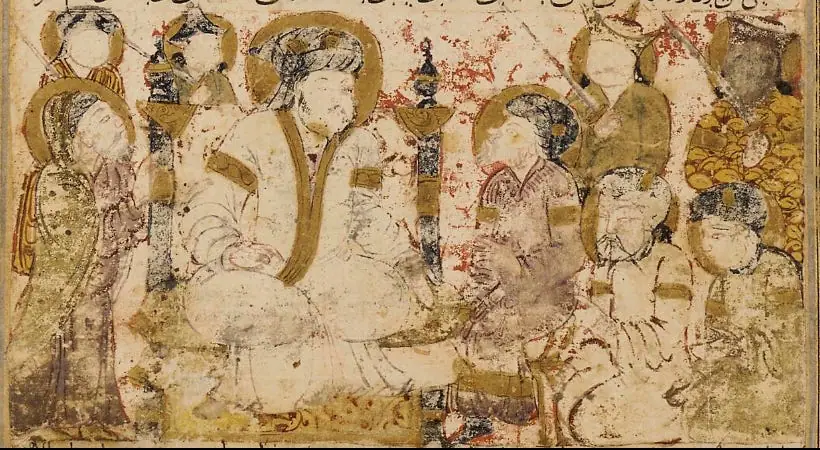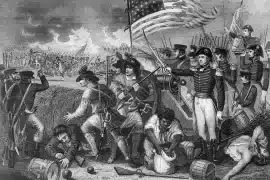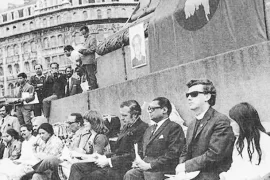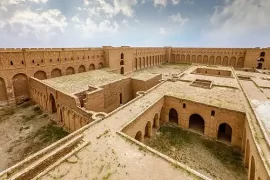The Battle of Zab also known as the Battle of the Great Zab River was a significant event in the history of the Islamic empire. It took place in 750 CE and was fought between the Abbasid and Umayyad caliphates. The battle resulted in the defeat of the Umayyad army and the establishment of the Abbasid Caliphate, which ruled the Islamic world for over 500 years. This article will explore the background, causes, and consequences of the Battle of Zab.

Background
The Islamic empire was initially ruled by the Rashidun caliphs, who were succeeded by the Umayyad dynasty. The Umayyads were a powerful Arab clan who established their capital in Damascus, Syria. They ruled the Islamic empire for almost a century before facing a challenge from the Abbasids. The Abbasids were a powerful family from Khorasan, a region in modern-day Iran, who claimed to be the rightful successors of the Prophet Muhammad. The Abbasids were supported by various groups, including non-Arab Muslims who were dissatisfied with the Umayyad’s Arab-centric policies.
Causes of the Battle of Zab
The Battle of Zab was the culmination of years of tension between the Umayyad and Abbasid caliphates. The Umayyads had grown increasingly unpopular among the non-Arab Muslim population, who felt marginalized and discriminated against. The Abbasids were able to harness this discontent and rally support for their cause. The Abbasids also received significant backing from the Shia Muslim population, who were opposed to the Umayyad’s Sunni-centric policies.
The Umayyad caliphate was also facing internal divisions. There was a power struggle between the Umayyad caliph, Marwan II, and his cousin, Abu Muslim, who had defected to the Abbasid cause. Abu Muslim was able to gather a significant army and launched a rebellion against the Umayyads. He was successful in his efforts and was able to establish the Abbasid caliphate in 750 CE.
The Battle
The Battle of Zab also known as the Battle of Zab River was fought between the forces of the Abbasid and Umayyad caliphates in the vicinity of the Great Zab river, near the city of Mosul in modern-day Iraq. The Umayyad army was led by Marwan II, while the Abbasid forces were commanded by Abu Muslim. The battle was fierce and lasted for several hours, with both sides suffering heavy casualties.
The turning point in the battle came when the Umayyad cavalry, which was considered the best in the Islamic empire, was outflanked and attacked from the rear by the Abbasid forces. This resulted in a panic among the Umayyad troops, and they began to flee the battlefield. Marwan II was captured and executed soon after the battle.
Consequences
The Battle of Zab was a significant event in the history of the Islamic empire. It marked the end of the Umayyad dynasty and the establishment of the Abbasid caliphate, which ruled the Islamic world for over 500 years. The Abbasids were able to consolidate their power and establish their capital in Baghdad, which became one of the greatest cities of the medieval world.
The Battle of Zab also had significant consequences for the Islamic empire’s political and religious landscape. The Abbasids were able to unite various groups, including non-Arab Muslims and Shia Muslims, under their banner. They established a new Islamic empire that was more inclusive and cosmopolitan than the Umayyad caliphate. The Abbasids also made significant contributions to Islamic art, science, and culture, which had a lasting impact on the Islamic world and beyond.







